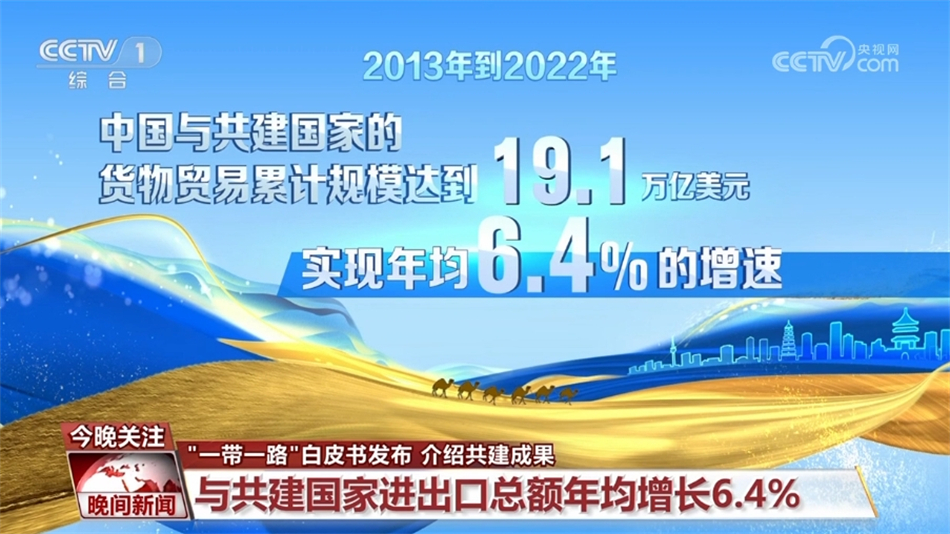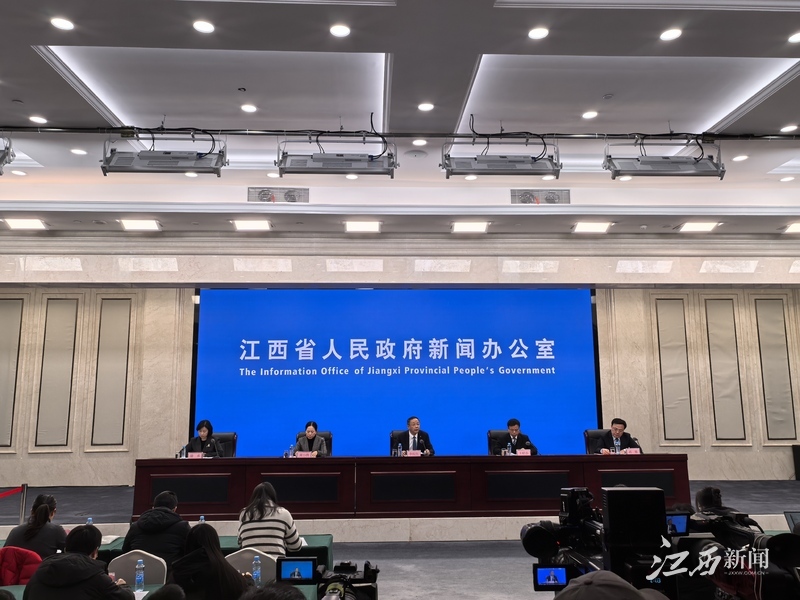How Important Is Xinjiang? Why Is China's Rise Unstoppable As Long As Xinjiang Is Here
How Important Is Xinjiang? Why Is China's Rise Unstoppable As Long As Xinjiang Is Here
In Xinjiang, people always say that this place is "far" so far that express delivery is not free of charge. What you imagine may be the wind in the Gobi Desert, the eagle on the sand head, and the occasional camel bell came from the horizon. But you may not believe it when you say it. The land of tens of thousands of miles is not just a piece of scrap on the map of China. Its component
In Xinjiang, people always say that this place is "far" so far that express delivery is not free of charge. What you imagine may be the wind in the Gobi Desert, the eagle on the sand head, and the occasional camel bell came from the horizon. But you may not believe it when you say it. The land of tens of thousands of miles is not just a piece of scrap on the map of China. Its weight is much heavier than you think. If you compare China to a table, Xinjiang is the treasure jar hidden under the tablecloth.

Why do you just say that? Which jar is that amazing? We have to talk from the beginning.
If you open the map, which place is the most likely place to make people feel a little distant romance? Xinjiang. The name contains "new" and "gang" again, who doesn't think it is mysterious? It lies in the center of Eurasia, like the hot soup pot that has not been lifted yet. Everyone endured the chopsticks, but everyone was thinking about what was cooking there.

This area is so big that it is enough to accommodate France, Germany and Britain. Do you think there is only desert here? In fact, eight neighboring countries revolve around it - Mongolia, Russia, the huge Kazakhstan, and Kyrgyzstan, Tajikistan, Afghanistan, Pakistan, and India, can form a circle. Whose border can be so lively? Therefore, this place is born as a transportation hub and a cross-border stage for competition between the East and the West.
But the story of Xinjiang cannot be just about geography. You think, wasn’t the Silk Road going west thousands of years ago just passing through here? Satin, tea, spices, camel caravan runs day and night. Today, the road is still there, and it is a new cloth. The "Belt and Road" is very popular, but in fact, Xinjiang is like the newly refreshed door.

Want to get a gossip. As early as the beginning of the last century, Sun Yat-sen was concerned about Xinjiang. He said, "If you plan a continent, you will be in Yili." To put it bluntly, if anyone wants to master China's lifeline, then this is the thickest place in the blood vessels. Unfortunately, this prescient view may not be understood immediately. Maybe at that time, many people were thinking about farming at home, so they didn’t have time to see the dry distance.
But these vast lands are not given for nothing. The number of oil, gas and mineral deposits is so large that it makes people wonder if it is a fraudulent data. The Tarim Basin has long been called "Kuwait in the West". You think that oil reserves alone account for one-third of the amount here, and there is more natural gas. Coal, metal minerals, a lot of copper, nickel, lead and zinc are simply treasures of industrial ingredients. If you want to make a big cake, all the ingredients are here.

Water is also a treasure. Don’t look at Xinjiang, the glaciers on the Tianshan Mountains have melted down and nourished countless oasis. It can afford cotton fields, grape ditches, and melon manors. Sometimes I ask, is there a story of ice and snow hidden behind every bite of fragrant pear we eat? The answer is probably a bit romantic and a bit real.
After energy talks, let’s talk about farming. Xinjiang cotton has always been the leader. You hold a piece of domestic cotton cloth and hold it tightly, and it is probably Xinjiang cotton that you can't escape. Grapes, cantaloupe, and fragrant pears are the names of temptations. The reason why they are sweet is because of the unique sunshine and temperature difference between day and night. Sometimes, when farmers in Xinjiang rely on the sky and themselves to farm - planting fruits on the land buried by the wind and sand is the ability.

However, the real change in Xinjiang is often not farming, but actually the substations and wind power blades are slowly rotating. Walking through the Gobi Desert, the sun makes you unable to open your eyes, but there is a dream of China's new energy. Solar panels are laid down one by one, and air ducts are inserted one by one in the sky, refreshing the structure of China's energy. You may not care at all. The good weather in Xinjiang has even become different.
Let’s talk a little further: the old accounts of Xinjiang and Central Plains cannot be settled in hundreds of years. From the time when Zhang Qian went out of the Western Regions and went to find the "Da Yuezhi", this line has been pulled. Emperor Wu of Han set up a protective palace there, all trying to control the border exchanges. At that time in the Tang Dynasty, the Anxi Protectorate was a stage for east-west communication. Buddhism and Islam could "hold exhibitions" all rely on the opening of the passage here.

History is sometimes like the wind walking on the wasteland, leaving traces after passing by. By the Qing Dynasty, Xinjiang became a real part of "China". The general sent the supervisor to build the province and stabilized the territory.
When talking about Xinjiang, we must mention Zuo Zongtang. In the 19th century, the old man brought his men to Xinjiang to pacify the chaos of Agubo and bring Xinjiang back to the Chinese. Some people say that Zuo Zongtang is a soldier, but in fact he also likes to think about the people's food, clothing, housing and transportation - immigration, water conservancy and agricultural development are all his "plus points". Without Zuo Zongtang's struggle, Xinjiang might not be like this today.

Everyone has some impression of the story that after the founding of New China, Xinjiang seemed to usher in a "spring breeze". The railway was first built, and the Lanxin Line was connected, connecting the mainland and Xinjiang with one line. The caravan turned into a freight train, and the camel bells were replaced with whistles. The economy will survive and there will be more communication.
After a while of reform and opening up, cities such as Urumqi, Karamay and Korla have gradually grown. Whether it is digging for oil or growing grapes, wherever there is an industry, there will be people taking root. It is hard for you to say that these changes have been turned overnight. In fact, I walked by stepping through the bitter water little by little.

2013 events have begun. The trumpet of the "Belt and Road" has become a hot word. At the gate of the Horgos Port, the convoy was coming and going, and it felt like the camel caravans were about to be resurrected. The China-Europe freight train honked straight to Europe, "Made in China" is like sending it directly from Urumqi to Moscow, maybe the next one is to Paris. Xinjiang is no longer a frontier, but a "frontier position". Everyone here has to say: This place is not simple.
Speaking of development, the central government’s support has been uninterrupted. Nineteen provinces and cities have helped "counterpart support", and various projects have been spread, and policy funds have flowed into Xinjiang like water. Some people say that this is not only money, but also spirit and responsibility. Maybe one day, Xinjiang can really stand up on its own.
In fact, if you think about it, the saying "Xinjiang is good, China is good" is not an exaggeration. Energy matters, the New Silk Road, and East-West exchanges can all be gained. Without this piece of land, China's path is not that wide.
What will happen to Xinjiang in the future? As a story writer, I always feel that the answer is still on the way. Do you think the Gobi Desert you have seen will always be left with yellow sand? Will the grape ditches under the snow-capped mountains be passed down from generation to generation? Perhaps, there are always some things that will change, and some people will always ask what Xinjiang means in China.

It is the frontier on the map, the protagonist in history, and the answer to the future is hidden. If you have time, take a day to visit Xinjiang - you may sigh that there is such a magical place in the world. So what if you don’t have free shipping? It wraps the whole world in.





